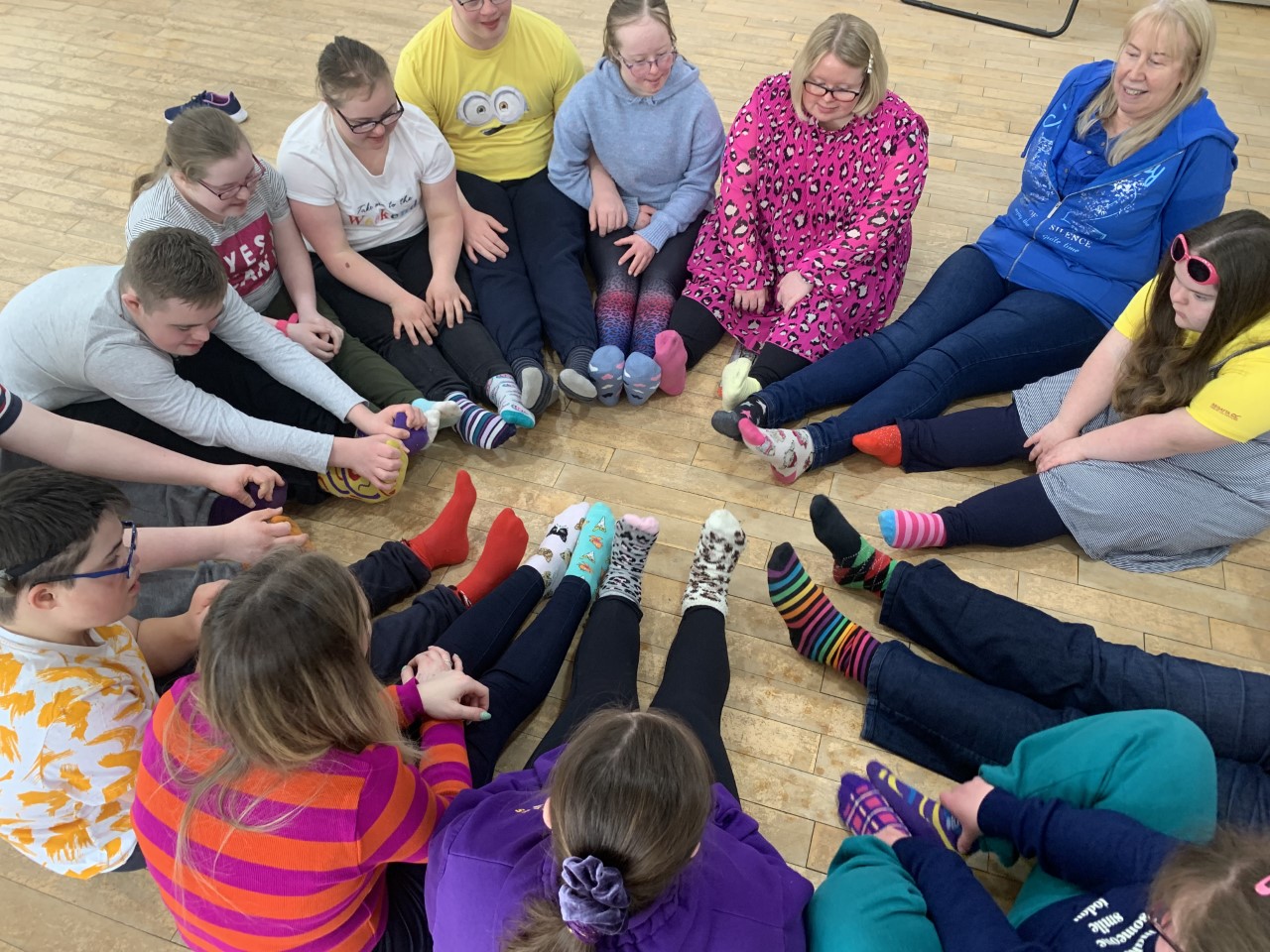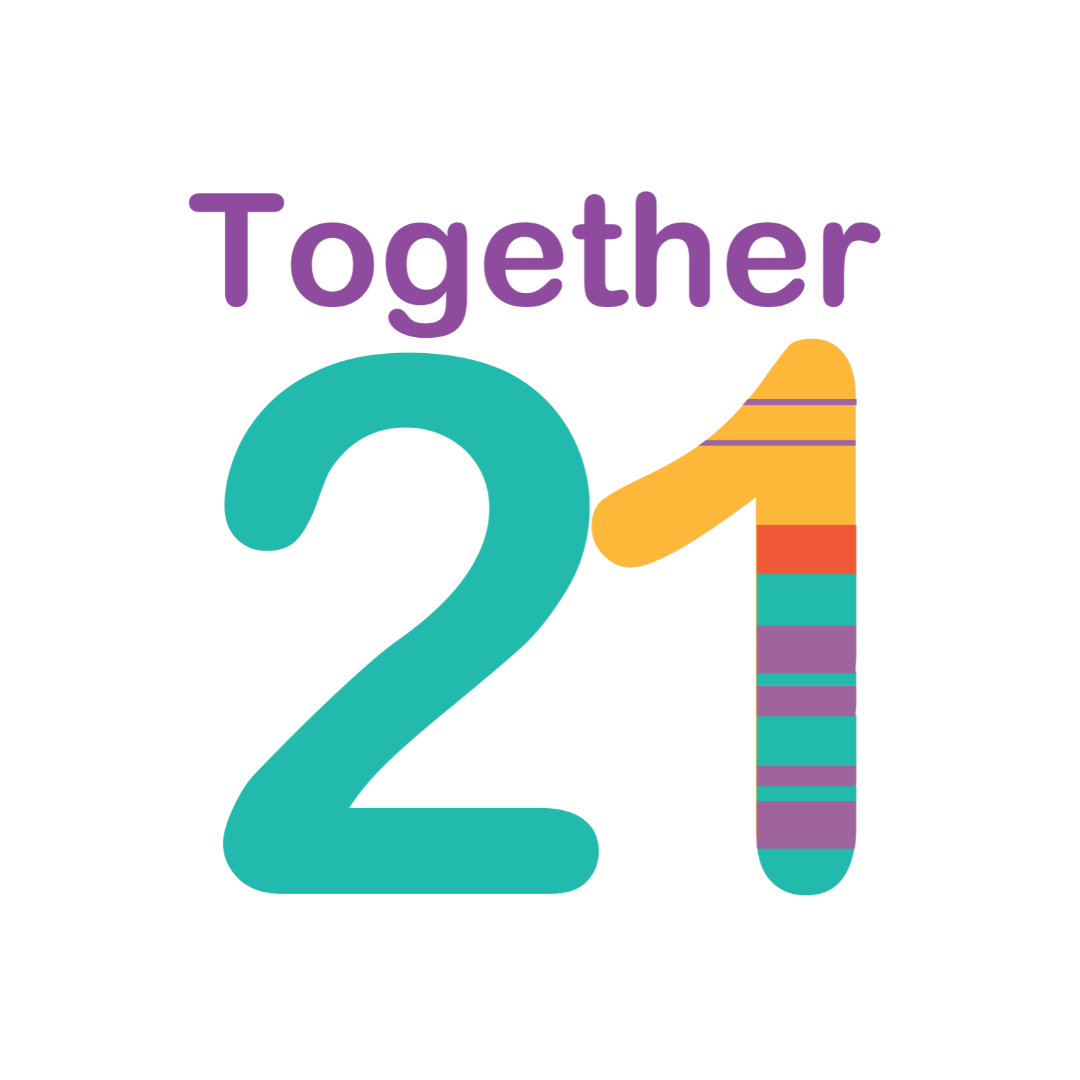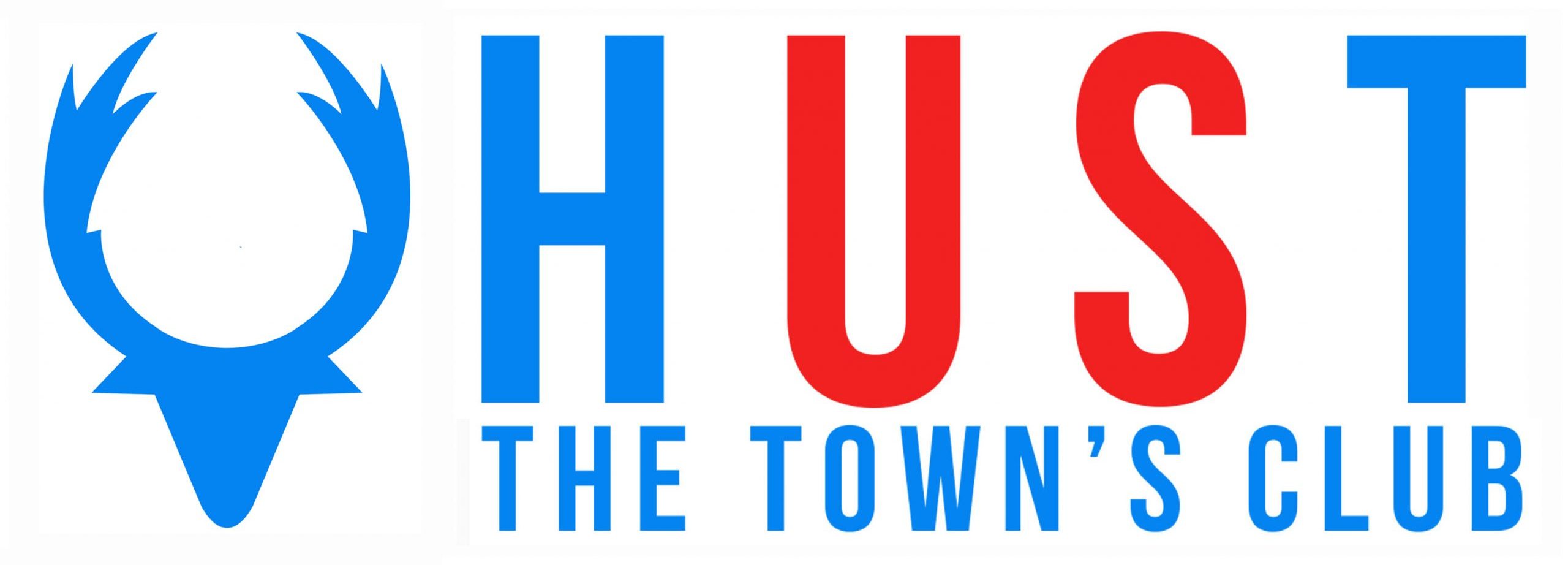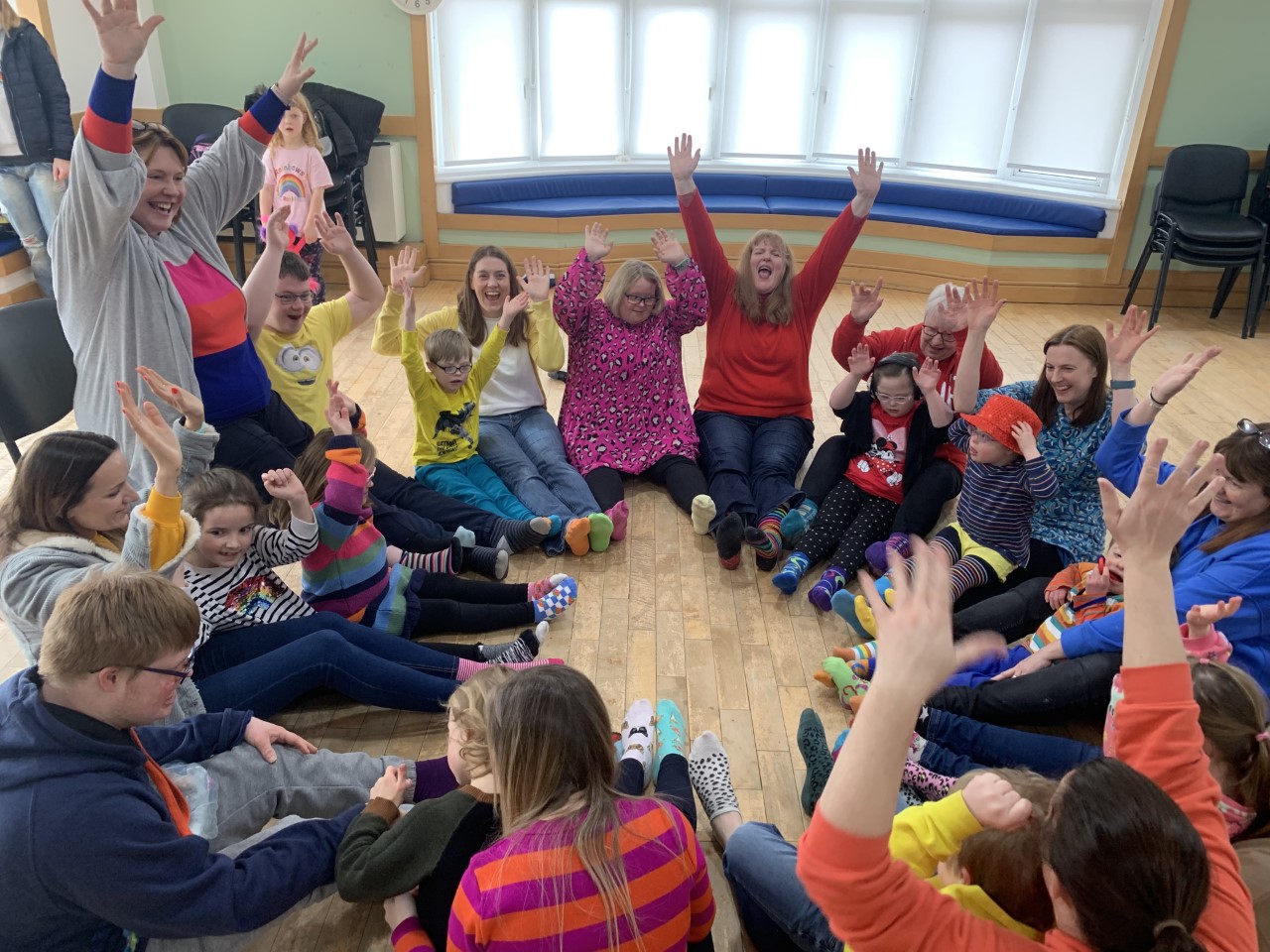Saturday’s crucial match against table-topping Orient is also our closest to World Downs Syndrome Day. To show their support the HUST Community Ticket Fund and Pools have joined up to invite a group of young people from Together 21, a local organisation for children with Downs Syndrome and their families, to the match.
We spoke with Maggie Hart, who works at Together 21 and has a son with Downs Syndrome, to talk about the group, their work, and overcoming the challenges that can hamper access to sport. We started by asking Maggie exactly what they do.
Maggie: We open two days a week offering social and educational groups. Friday is
0-4 year olds, we have a big welcome circle and then we do activities like teaching
Makaton signing, a sign language that works well for children with Downs Syndrome.
We have a pretty set routine for those sessions but our older children are at desks
with speech and language work to look at, basic numeracy, literacy and social skills.
We also let our parents have some much-needed time to themselves so they can
chat and support each other.

Why is that needed?
Children with Downs Syndrome have specific learning difficulties and each person
also has a learning profile that is unique to them. Our children have challenges to do
with speech and language, motor skills and memory so we can identify the
challenges and bring out the best in them. We try to get them ready to go into
mainstream schools, as far as they can.
Are there also hurdles to get over for sports and leisure activities?
Yes, there isn’t a lot available in local communities. For example, where we are, there
isn’t a disabled football group for my son Alex to go to. His opportunities to do sports,
and outdoor things in general are much more limited than for my other two children.
Travelling can mean specialised transport too so children with Downs Syndrome can
easily find themselves restricted to their home far more than others.
Are there obstacles to watching football too?
Queueing to get in can be the first problem, and if it is very noisy, you’ll see quite a
few of our children in ear defenders. Extreme cold can also upset our children, and
then there are general access issues – getting up and down the aisles to seats and
so on. They need to take their time, so it is about letting them do that really, and
maybe getting them settled in first so the stand fills up around them rather than being
full and noisy straightaway. Just letting them get used to it so it isn’t too sudden and
overwhelming.
If those things are taken care of do you think everyone will enjoy it?
Oh, I’m sure they’ll love it, yes. It’s just important to take a little extra care.
How are the children feeling about meeting some players?
They’re excited about that, we’re still sorting out dates and times but it is fantastic
that the players want to do it and the children will be thrilled, even if it happens after
the Orient match. It’s also brilliant that the club have provided some tickets to match those you’ve given us too and are giving us space in the programme so close to World Downs Syndrome Day, which was on 21 March.
It’s called Odd Socks Day and we ask people to wear odd socks to raise awareness of Downs Syndrome – we were going to ask if the players could do that for the match but I think it is against EFL rules and we certainly don’t want to cause any point deductions! What is brilliant is that the players have decided to wear odd socks for training on the 21st and the club are going to invite some of our children in for a guided tour of the ground.
What is the key benefit for you about linking up with the supporters trust and the club?
Raising the profile of young people with Downs Syndrome in the community is very important. It’s about being visible and being part of the wider world, that makes our children and our families feel supported. We call it Together 21 because of the extra, 21st chromosome that causes Downs Syndrome but the together is important too – we function like a big family, sharing successes and helping each other when the going gets tough, which it can do. We lean on each other and try to solve problems with humour, people make friends for life. We’d love this to become a regular thing, it would be marvelous to have Pools and HUST working with us every year.
Is it hard for people who aren’t carers to understand the difference having a child with Downs Syndrome makes to a family?
Yes, I remember when I had Alex, after a few weeks I suddenly thought, he’ll never play football or be a professional footballer. To be honest, none of my children are ever going to be professional footballers but that dream was shattered, gone from the start with Alex. But I wish I’d known what I know now – how gorgeous he is and what a journey we’ve been on. I wouldn’t have been so frightened, you don’t want your child to be different but now I know what a great community we became part of. There can be health problems that come with Downs Syndrome too and although the care is fantastic you’d feel terribly alone without the group around you.
It’s also really important for our children to know that there are other children like them. In a mainstream school there are very rarely more than one or two children with Downs Syndrome and that can have a big impact on your identity and how you might feel about yourself. But the group we have coming to the match, the older children, when it is somebody’s birthday, everybody is invited to celebrate with them. You’ll see at the match, they’re a lovely group of young people to spend time with.
Getting together with people is a great part of supporting a club and it is a real shame if some people are excluded from that.
Yes, and today shows that those adjustments that need to be made can be made. Somebody is meeting us and we’ll get in early and suddenly football is accessible. And that means people will see that there is much more to our children than Downs Syndrome itself. They’re fully rounded people who can enjoy sport and being sociable as much as anybody else.
There seems to be a widespread view that children with Downs Syndrome are cute and happy – as a parent does that sound right to you?
Ha ha, no! I think the way I’d explain it is that for most of our children, and young adults, they’re either happy or they’re sad. There’s not much being OK and they’re dramatic with emotions going quickly from one extreme to the other.
That sounds like they’ll fit in with Pools fans very well! We really hope you all enjoy the match.

What is Together 21?
Together 21 provides a wide range of fun learning activities to help children and young people, aged 0–17, with Down Syndrome to develop key skills.
The activities provide the opportunity to build friendships as well as supporting their development in reaching their full potential. It’s a great chance for parents to get to know each other too, providing a vital friendship and peer support network for families.
The service also works hard to raise awareness and promote positive perceptions about Downs Syndrome within mainstream schools, local communities and the workplace.
The sessions are relaxed and the children have a lot of fun. Parents/carers and children learn together, gaining support and understanding from shared experiences with a small, dedicated and experienced team. Several of the team are parents of children with Down Syndrome.

